Got FSA funds left? Here's tech you can buy before you lose it
Don't forfeit funds that could buy healthy gear
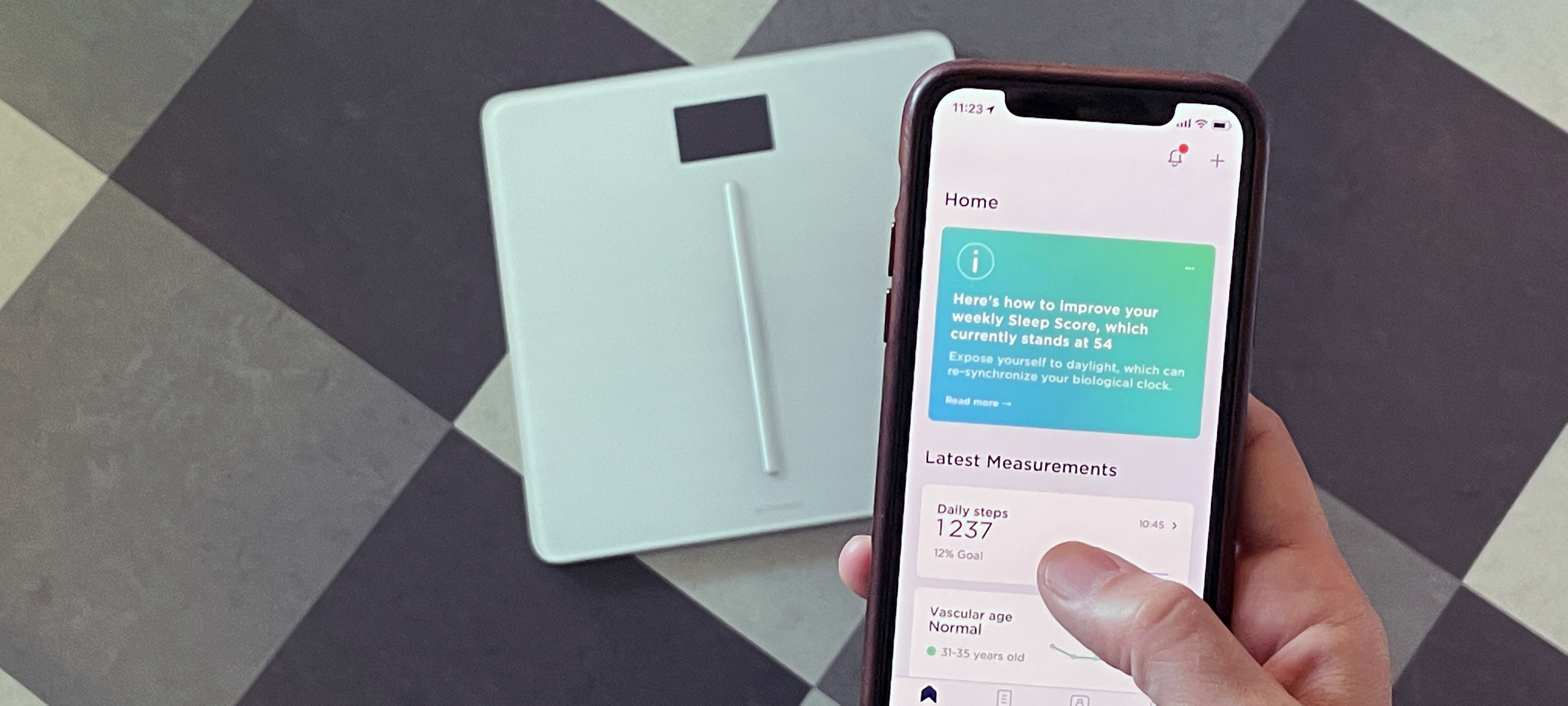
Sign up for breaking news, reviews, opinion, top tech deals, and more.
You are now subscribed
Your newsletter sign-up was successful
In some ways, 2022 wasn’t as bad as I expected. The past few years had me hedging my bets and depositing plenty of my pay into a Flexible Spending Account (FSA). This year, thankfully, my family didn’t have any major medical emergencies. Now that the year is over, I need to spend those funds or lose them. Being a tech enthusiast, if there’s money to spend I will find the technology to buy.
The US government lets you deposit up to $3,050 in an FSA per employer. Whatever you don’t spend, you lose. Your employer has options to extend the December 31 deadline, or they can let you roll over a few hundred dollars into next year, but that is something your job has to opt into.
Lots of people forfeit money at the end of the year. We spoke with Rachel Rouleau, Chief Compliance Officer for Health-E Commerce, who told us that “30% of FSA account holders will have some forfeited funds,” and the number “will likely be higher this year due to increased carryover amounts.”
Your FSA is not just for deductibles
The most obvious target for your FSA will be deductibles at the doctor’s office, but that’s not the only way to spend your savings. According to the government’s Healthcare.gov site, you can pay for prescriptions, including over-the-counter medications if your doctor recommended them. You can also pay for medical equipment, and here’s where things get fun.
There is a lot of wiggle room in where you can spend an FSA, but you can’t make ridiculous purchases. The devices you can buy must be medical in nature, not just fitness related. That means you will find health trackers devoted to specific health conditions, but you won’t be able to buy one of the best Fitbits, or something big like a Peloton bike.
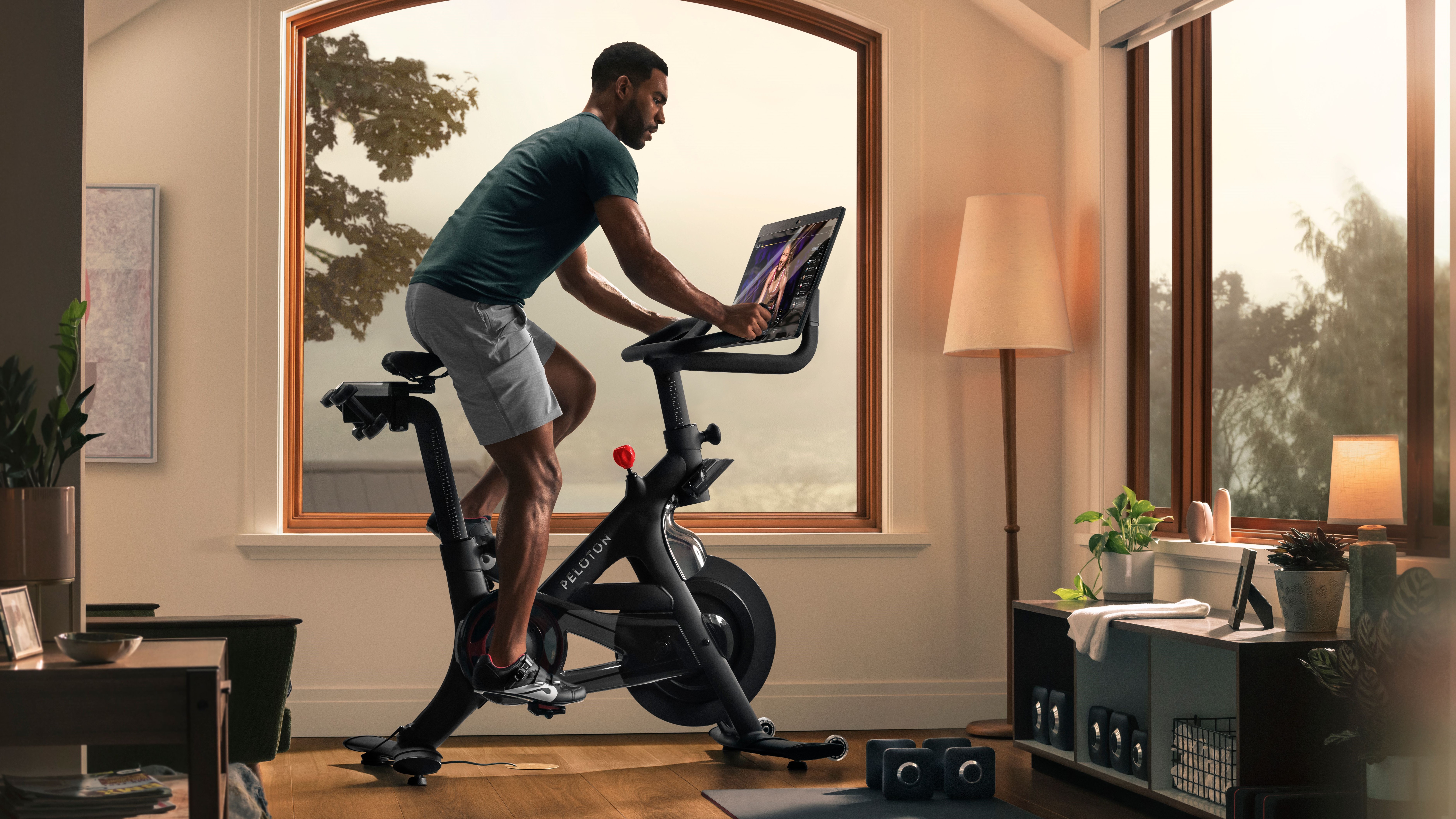
Before I dive into everything I bought, and the things I’d recommend buying, I advise checking with your company’s HR representative if you are unsure about whether a purchase will be covered. My company gives me a debit card I can use to spend my FSA funds, but if you need to get reimbursed after the fact, you’ll want to be 100% sure that your purchase will be covered.
Everyone can benefit from a smart scale
You can buy stuff with your FSA anywhere, but there are a few spots that make it easy. Amazon has a FSA store. If you search for FSA products in the search bar, you’ll find it. There is also the site FSAStore.com run by Health-E Commerce. Everything on that site qualifies for an FSA, but you still may be asked by your benefits administrator to prove that you need what you bought.
Sign up for breaking news, reviews, opinion, top tech deals, and more.
If you want to buy a bathroom scale, for instance, you may be asked to provide a letter of medical necessity (LMN) from your doctor saying that you have medical issues that require you to monitor your weight. Personally, every doctor I’ve known since birth would sign that letter for me.
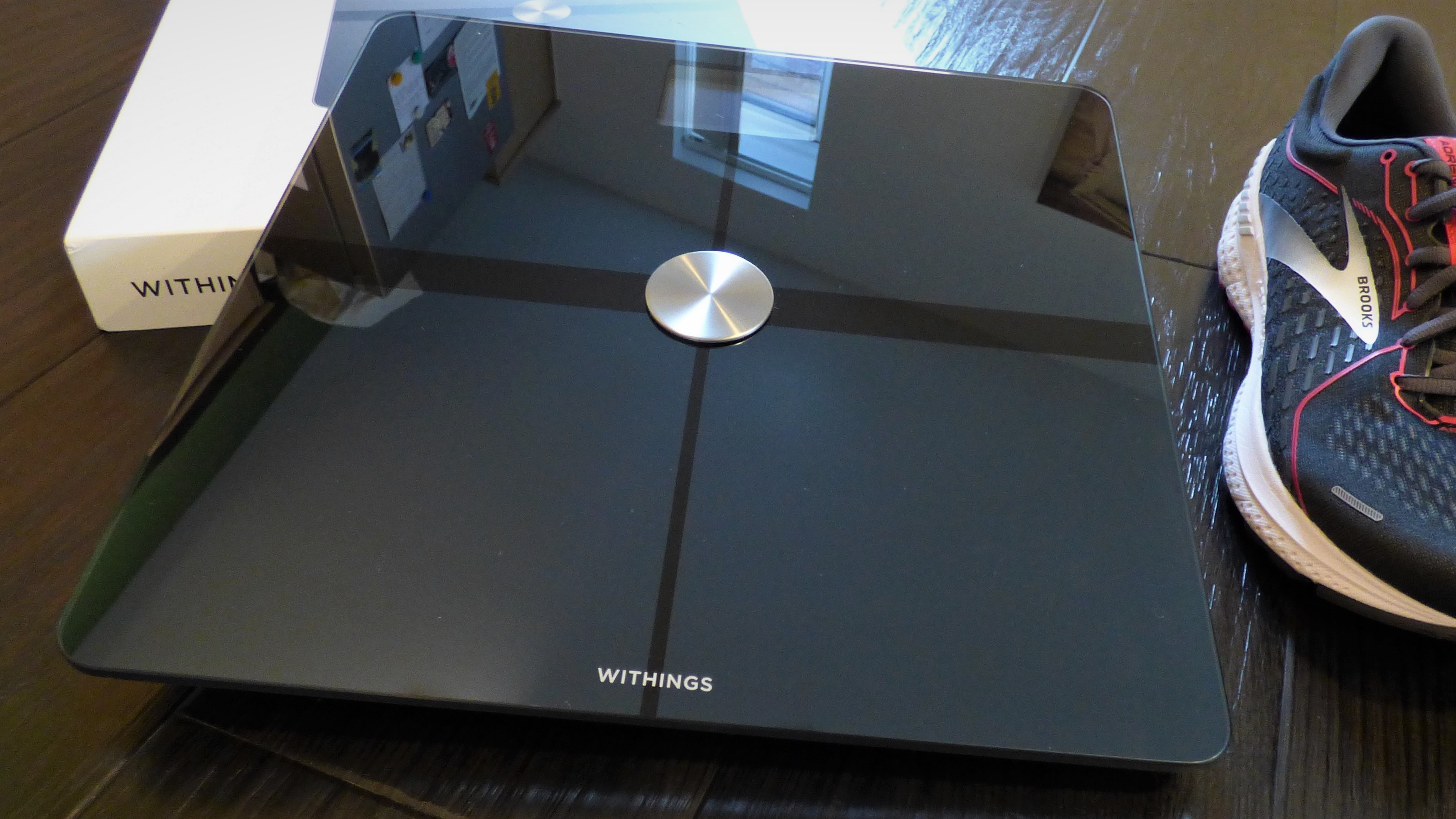
I purchased a Withings smart scale from Amazon with my FSA funds, and also got one for my teenager since dependents are equally eligible. I was looking at the best smart scales, but not all of them are categorized as FSA-eligible on Amazon, so I didn’t want to take the chance. You can always ask your benefits administrator if you want to take the plunge.
Get 23andMe DNA testing for health insights
I’ve been putting off using a DNA testing service, but 23andMe is covered by my FSA plan, so I am going to finally take the plunge. I was wary of handing over my DNA voluntarily, but frankly so many members of my family have already participated that my genetics are not much of a secret by now.
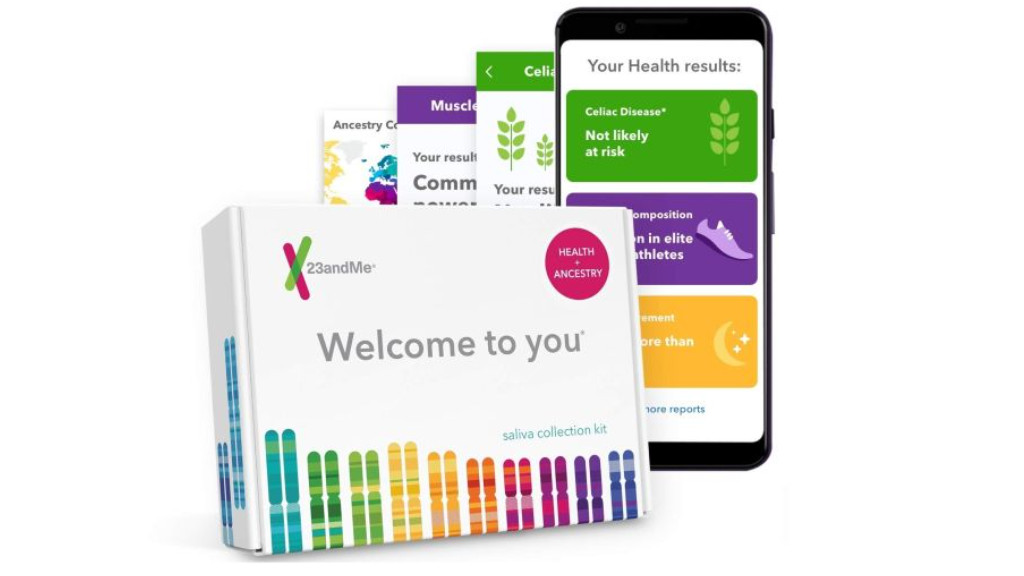
The version of 23andMe that you can buy does not include the Ancestry report. This won’t help me identify my heritage and find long lost relatives; that isn’t the point of 23andMe and it’s outside the scope of the FSA. It will give me a detailed picture of my health and what might be in store in the future.
The 23andMe wellness reports give you information about how your genes affect your sleep, weight and muscle composition. You also get carrier status reports, which tell you whether you carry genes that could be responsible for conditions such as cystic fibrosis or sickle cell anemia.
Massage guns and more stuff you can and can't buy
The gadgets you can purchase with your FSA depend mostly on what you are trying to treat. There are massage tools and heating pads available, mostly targeted at helping with chronic pain and injury.
You won’t find a massage chair or a Hitachi wand, but you can find percussive deep muscle massagers, like the Aura Revive massage gun. A few of our selections for best massage gun should be eligible, just check with your company.
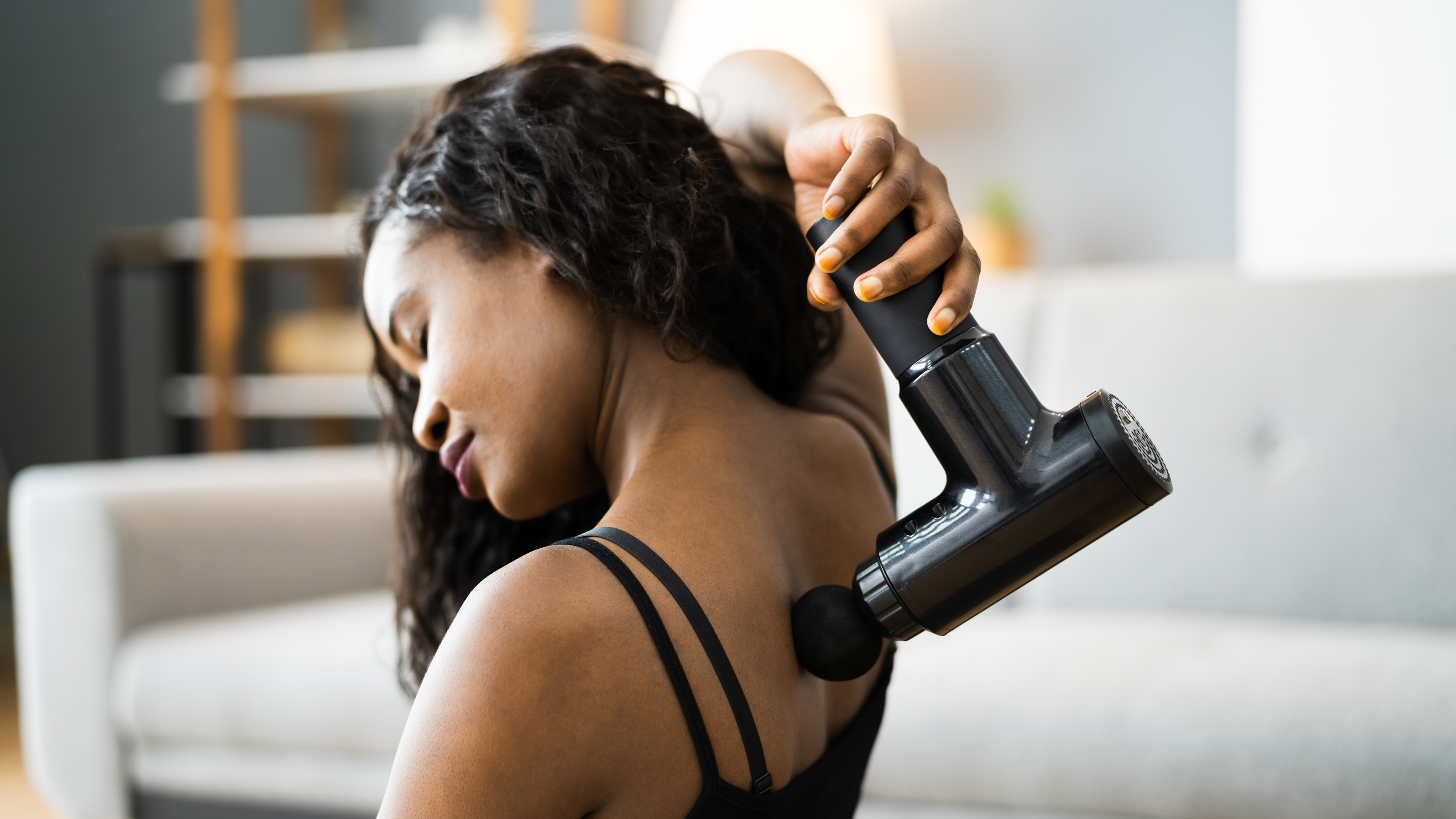
I bought a new thermometer, a Braun no-touch forehead sensor since it’s always nice to have one on hand these days. I have an older friend in the market for a hearing aid who was delighted to learn that FSA funds will cover those devices.
I wish more devices were available, of course. I’d love to buy a Lumen metabolism sensor, but I could not confirm that the purchase would be approved. I was also hoping for more light therapy options, but the only lights I could find were aimed at treating acne or chronic pain.
Whether you have a few dollars saved up or a few thousand, there is no reason to forfeit the money left in your FSA. Check out Amazon and FSAStore.com and spend your remainder before the end of the year. Check in with your administrator if you have any hesitation, then go buy the tech that will help you fulfill your healthy new year’s resolutions.

Starting more than 20 years ago at eTown.com. Philip Berne has written for Engadget, The Verge, PC Mag, Digital Trends, Slashgear, TechRadar, AndroidCentral, and was Editor-in-Chief of the sadly-defunct infoSync. Phil holds an entirely useful M.A. in Cultural Theory from Carnegie Mellon University. He sang in numerous college a cappella groups.
Phil did a stint at Samsung Mobile, leading reviews for the PR team and writing crisis communications until he left in 2017. He worked at an Apple Store near Boston, MA, at the height of iPod popularity. Phil is certified in Google AI Essentials. His passion is the democratizing power of mobile technology. Before AI came along he was totally sure the next big thing would be something we wear on our faces.